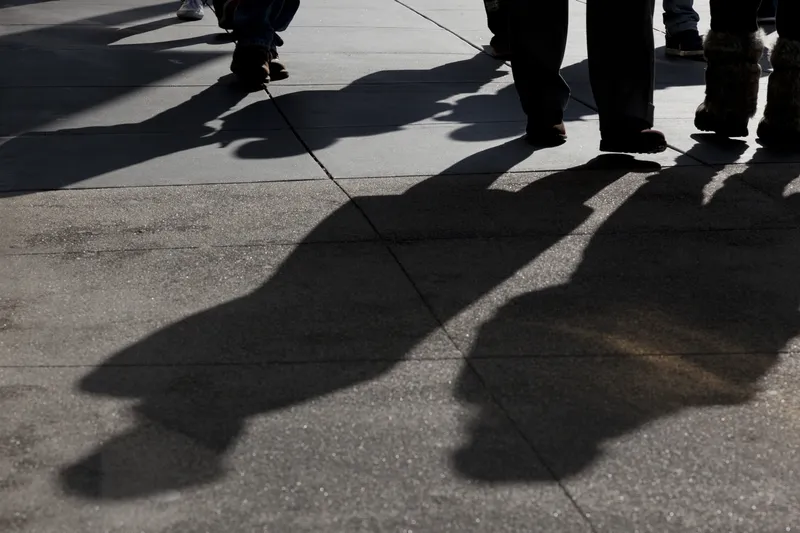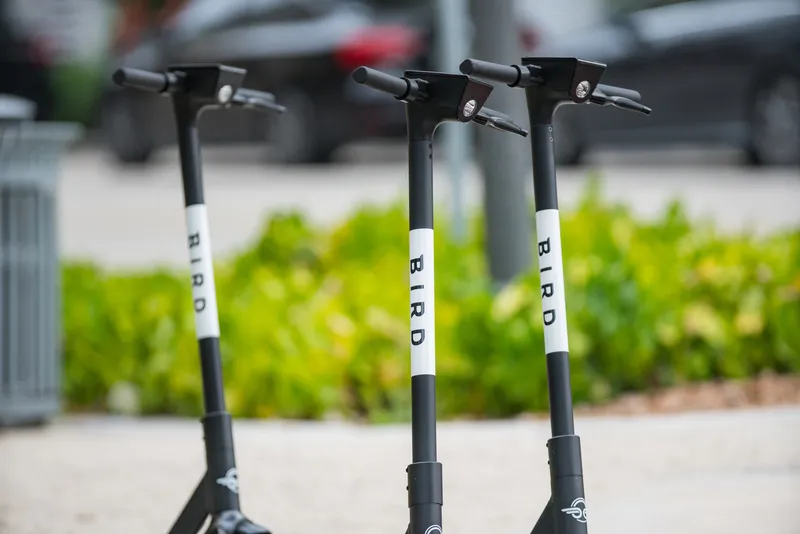
The City of Pittsburgh Department of Mobility and Infrastructure (Domi) has launched what it calls a 'guaranteed' basic mobility initiative, designed to increase upwards mobility.
The move is in effect a year-long universal basic mobility (UBM) programme "to help alleviate the strain of transportation costs and potentially increase access to employment options, with the ultimate goal of improving the financial quality of life for the participants".
Domi is working with Carnegie Mellon University and the Manchester Citizens Corporation to identify 50 'eligible participants' who will receive free access to Move PGH’s shared mobility and transportation options, including public transit, Spin scooters, Pogoh bikes and Zipcar vehicles.
To qualify, people must be receiving some form of government-funded social assistance, lack regular access to a personal car, and currently be seeking a job—or "interested in finding a different job or working more hours".
“Having access to affordable and reliable transportation is critical in helping families across our city find a pathway to prosperity,” said Mayor Ed Gainey.
“This pilot programme will help us more fully understand just how much of an impact transportation has on the lives and wellbeing of people in Pittsburgh.”
It will focus on the Manchester and Chateau neighbourhoods, which have a median income 14% below that of the city as a whole.
Funding comes from the Richard King Mellon Foundation, which awarded a $200,000 grant, plus $50,000 from Spin.










